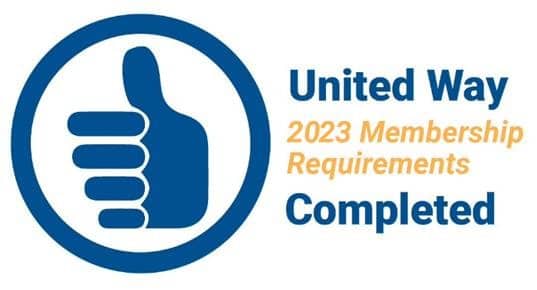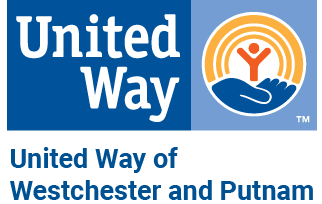DAY 5: Cultural Competence and Representation Matters Normal 0 false false false EN-US X-NONE X-NONE /* Style Definitions */ table.MsoNormalTable {mso-style-name:"Table Normal"; mso-tstyle-rowband-size:0; mso-tstyle-colband-size:0; mso-style-noshow:yes; mso-style-priority:99; mso-style-parent:""; mso-padding-alt:0in 5.4pt 0in 5.4pt; mso-para-margin-top:0in; mso-para-margin-right:0in; mso-para-margin-bottom:8.0pt; mso-para-margin-left:0in; line-height:107%; mso-pagination:widow-orphan; font-size:11.0pt; font-family:"Calibri",sans-serif; mso-ascii-font-family:Calibri; mso-ascii-theme-font:minor-latin; mso-hansi-font-family:Calibri; mso-hansi-theme-font:minor-latin; mso-bidi-font-family:"Times New Roman"; mso-bidi-theme-font:minor-bidi;}
We are all are born belonging to a culture, which is not only influenced by traditional practices, heritage, and ancestral knowledge, but also by the experiences, values, and beliefs of individual families and communities. Culture is the fundamental building block of identity, and the development of a strong cultural identity is essential to an individual’s healthy sense of who they are and where they belong. Respecting diversity of cultures means valuing and accepting the various practices, beliefs, and traditions of families and communities that may be different from your own.
Cultural Competence isn’t something we’re born with. It’s shaped by our life experiences. Building cultural competence requires us to be willing to engage with a variety of individuals and to be open to understanding the differences in their lived experiences. As we move through life and interact with people of different backgrounds, we learn how to be accepting of a variety of perspectives and to compassionately interact with individuals of diverse cultures.
As we move through life and encounter more differences, our mindsets expand, and we develop the skills and knowledge to navigate more complex situations more easily.
Cultural competence encompasses:
- Being aware of one’s own world view
- Developing positive attitudes towards cultural differences
- Gaining knowledge of different cultural practices and world views
- Developing skills for communication and interaction across cultures
- Fostering secure, respectful, and reciprocal relationships and partnerships
Underlying cultural competence are the principles of trust, respect for diversity, equity, fairness, and social justice. Cultural competence requires more than becoming culturally aware or practicing tolerance. Rather, it is the ability to identify and challenge one’s own cultural assumptions, values, and beliefs, and to make a commitment to communicating with cultural understanding.
These articles were curated by a local committee to be used as a list of resources pertinent to DEI topics. The 21-Day Racial Equity Challenge Committee would like to thank and give attribution to those who created the content above, which reflects their individual perspectives. We do not support nor endorse any advertisements associated with the above content.
REFLECT...
Use these following prompts to reflect on the information you consumed today:
Why do you think it is important to be culturally competent?
How would you describe your personal background and culture?’
Based on an assessment of your cultural competence, what are some opportunities for growth when interacting with someone from another background or culture?
PROGRESS
YOU HAVE COMPLETED 5 OUT OF 21 DAYS OF THE CHALLENGE!
This 21 Day Racial Equity Challenge is Presented By....

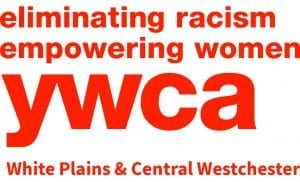
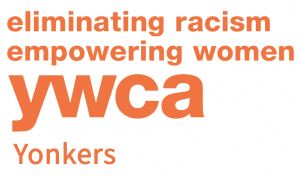
Thank You to Our Community Partners...


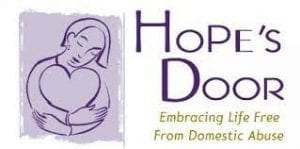



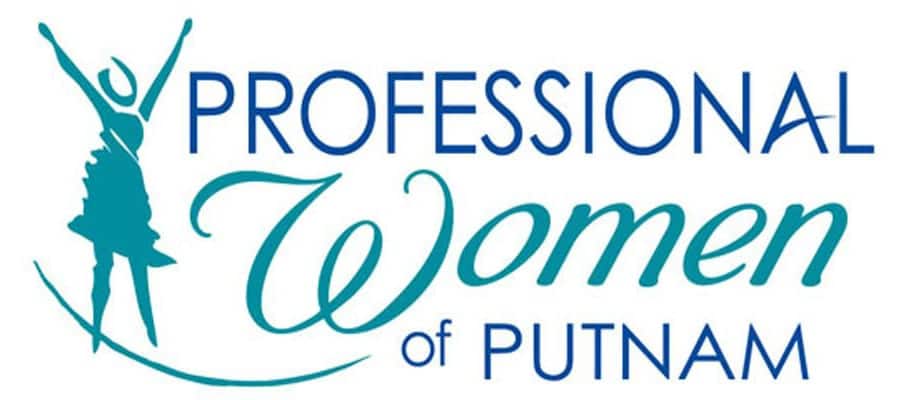

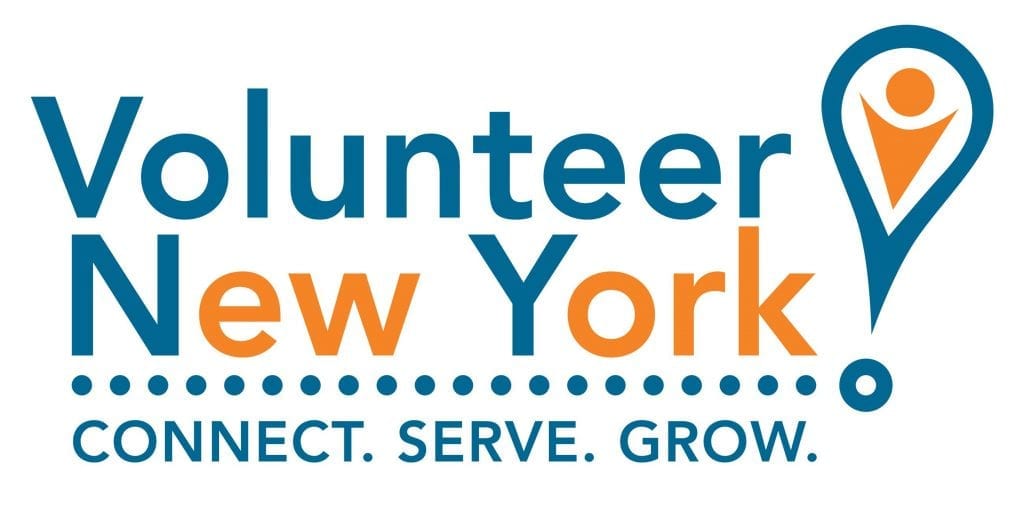

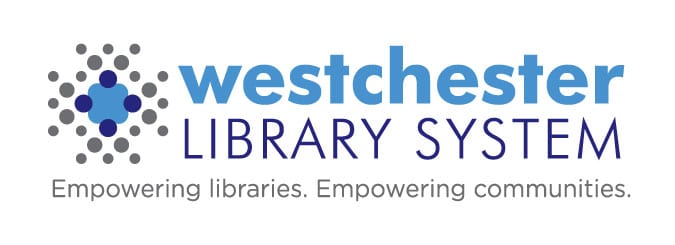
336 Central Park Avenue
White Plains, NY 10606
914.997.6700
Privacy Policy
Board Portal
Career Opportunities
